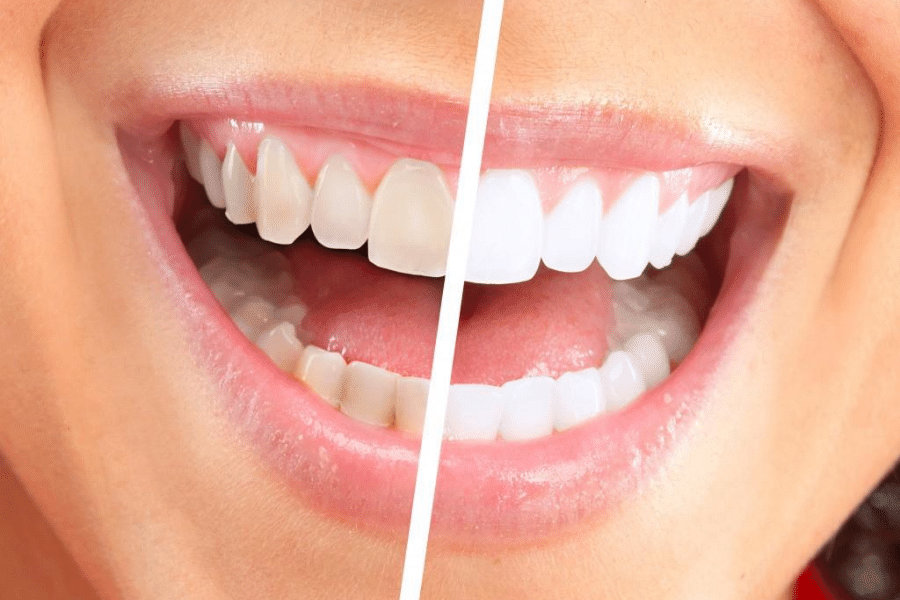Tooth Extractions
 Teeth extractions are never a pleasant topic, but sometimes they are necessary for your dental health. Keep in mind that every dentist’s top priority is to preserve your teeth. If your dentist recommends an extraction, it’s because there is no alternative, and it’s in your best interest. Each tooth is essential to the structure of the jaw and the health of the surrounding teeth. For this reason, we will most often attempt to save the natural tooth using procedures such as fillings, inlays, onlays, build-ups, and crowns or root canals.
Teeth extractions are never a pleasant topic, but sometimes they are necessary for your dental health. Keep in mind that every dentist’s top priority is to preserve your teeth. If your dentist recommends an extraction, it’s because there is no alternative, and it’s in your best interest. Each tooth is essential to the structure of the jaw and the health of the surrounding teeth. For this reason, we will most often attempt to save the natural tooth using procedures such as fillings, inlays, onlays, build-ups, and crowns or root canals.
Reasons for Teeth Extractions
Reasons for needing an extraction will vary. The most common is that the tooth has damage beyond repair. Even those with the greatest dental health may need an extraction under extreme circumstances.
Infection or Risk of Infection
A common reason for an extraction is problems related to infection. If left untreated, infections can spread to neighboring bone or tissue. In extreme cases, untreated infection leads to sepsis, a serious condition that opens the door to a new range of health problems throughout your entire body. If you have a combination of any of the following symptoms, you could have a dental infection:
- Bad breath
- Fever
- Pain
- Swelling in the gums
- Swollen Glands
- Bitter taste
- Swollen Jaw
In these cases, an extraction may be necessary to prevent the infection from spreading. In other cases, you may be at an increased risk for infection due to a compromised immune system. For example, if you’re on chemotherapy or receiving an organ transplant, your dentist may recommend an extraction.
Types of Extractions
Single Root and Multi-Root Extractions
A single root extraction applies to one removal. A multi-root extraction applies to multiple teeth. This procedure is more complex and requires surgical extraction. Don’t let the word “surgical” scare you. The dentist will separate the root before the extraction for a non-invasive procedure.
Simple Extractions
Your dentist will use an elevator instrument to raise the tooth and loosen it. Using dental forceps, your dentist will rock the tooth until it loosens enough to take out. Your dentist will opt for a simple extraction whenever it’s necessary.
Surgical Extraction
A surgical extraction may be necessary if you have impacted or broken teeth below the gums. The dentist will elevate the soft tissues covering the tooth. They may also need to remove some neighboring jawbone for easier access.